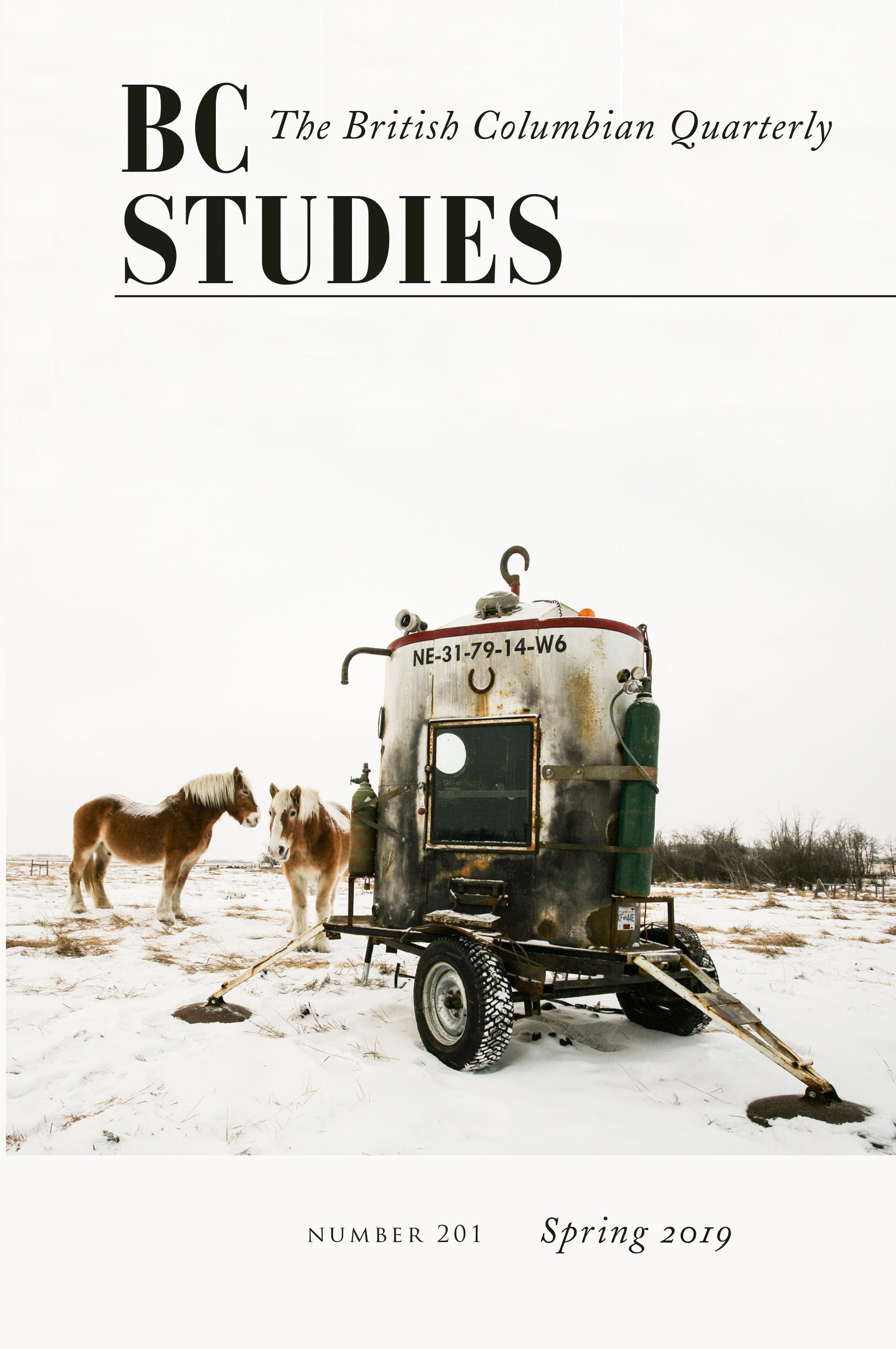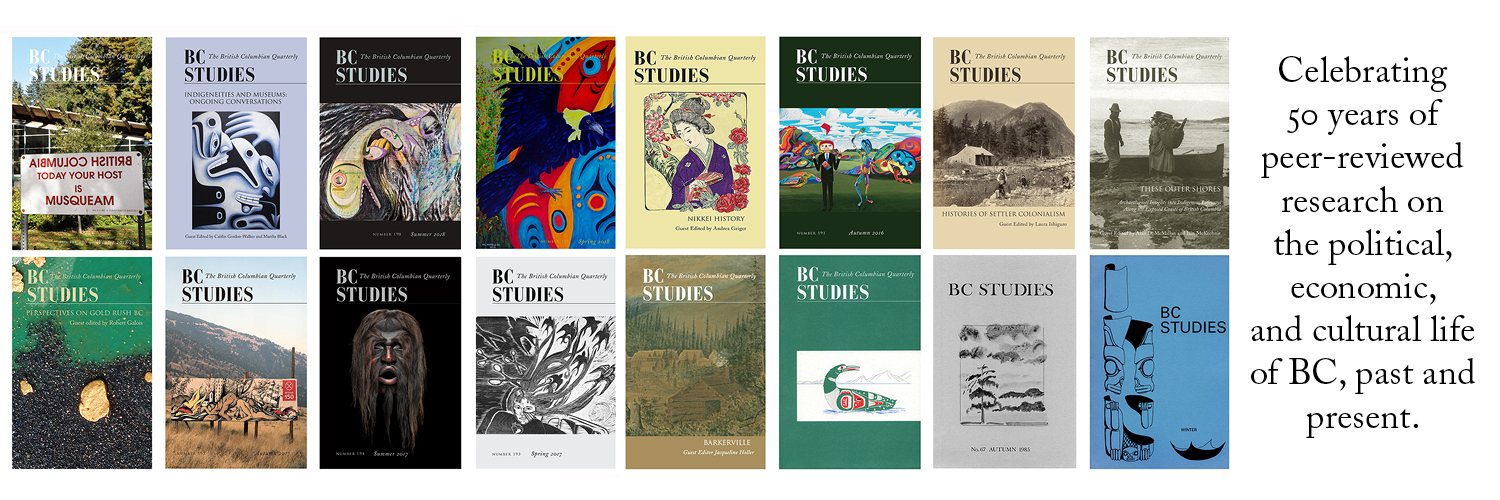"The Present of California May Prove the Likeness of the Future of British Columbia”: Transnational Anti-Chinese Policies Before the Exclusion Era, 1850-1885
DOI:
https://doi.org/10.14288/bcs.v0i201.189650Keywords:
chinese, foreign workers, government control, miningAbstract
This study illuminates the various ways in which California and British Columbia borrowed, copied, and swapped anti-Chinese policy initiatives at the local, state, and provincial levels prior to the passage of the United States’ Chinese Exclusion Act (1882) and the Canadian Chinese Immigration Act (1885). The Chinese Exclusion Act and Chinese Immigration Act became historical benchmarks in their respective countries, ending open border traditions and making race a qualification of entry. Yet these national policies were reactions to highly localized concerns in California and British Columbia, a state and province uniquely bound together by geography, political isolation, migration patterns, and economic relationships. While prior scholars have noted the influence of Californians and British Columbians in passing national anti-Chinese restrictions, such analysis has ignored the transnational exchange occurring prior to the enactment of national policies.



